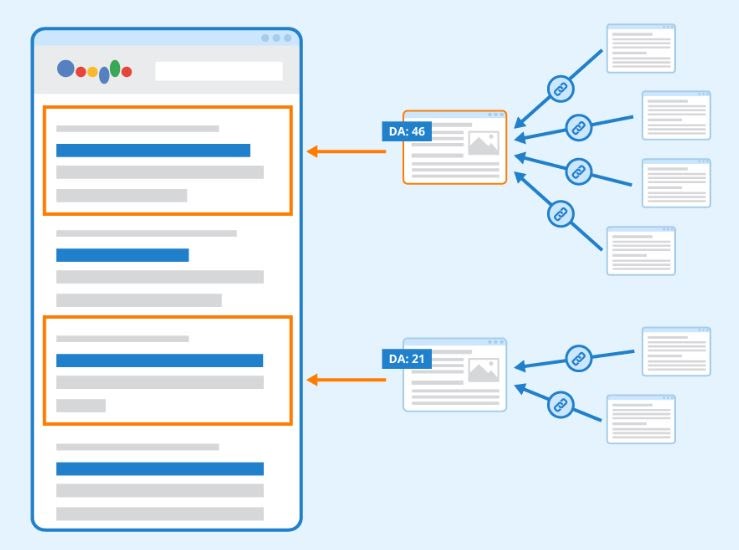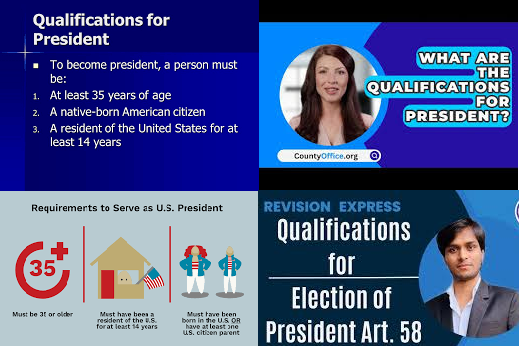The term "President" generally refers to the head of state in many countries, serving as a representative figure and often the chief executive in governmental systems. In democratic nations, presidents are usually elected and hold significant powers, though the extent and nature of these powers vary based on each country’s constitution. A president's role may include leadership in the executive branch, acting as the nation's spokesperson, and signing laws into effect.
What Are the Qualifications to Be President?
"What are the qualifications to be president" varies by country. Typically, countries establish eligibility criteria in their constitutions or legal frameworks to ensure candidates have specific personal and professional attributes:- Age Requirement: Many countries, including Pakistan, set a minimum age (often 35 years) for presidential candidates.
- Citizenship: Candidates are often required to be natural-born citizens of their country or to have held citizenship for a certain number of years.
- Residence: Some nations require that candidates have resided within the country for a particular number of years.
- Political or Professional Background: Although not always a formal requirement, candidates often have a background in government, law, military, or business to demonstrate leadership experience.
Who is the New President of Pakistan in 2024?
As of 2024, the President of Pakistan is Dr. Arif Alvi. Dr. Alvi was elected to the presidency in 2018, bringing a background in dentistry, politics, and social work to his role.How Many Presidents Has Pakistan Had?
Since Pakistan became a republic in 1956, the country has had a total of 13 presidents. Each president has contributed uniquely to Pakistan’s political landscape, often amid times of change and national development.What is the Role of a President?
In Pakistan, the role of the president includes:- Acting as the ceremonial head of state.
- Overseeing the Armed Forces as the civilian commander-in-chief.
- Approving legislation passed by the parliament.
- Exercising certain powers related to appointments and pardons.
- Working closely with the Prime Minister and other government branches to ensure policies align with constitutional mandates.
Is President and CEO the Same?
No, the roles of president and CEO differ significantly. The president of a country is a governmental position, often acting as the head of state. In contrast, a CEO (Chief Executive Officer) leads a company, overseeing business operations and strategic direction. A president represents a nation's sovereignty, while a CEO focuses on maximizing a company's profitability and growth.What is Short of President?
Common abbreviations for president include "Pres." or simply "POTUS" when referring specifically to the President of the United States.Who Was the 1st President of Pakistan?
Iskander Mirza was the first President of Pakistan, serving from 1956 to 1958. His term marked the establishment of Pakistan as a republic following its independence in 1947.Who Was the 2nd Prime Minister of Pakistan?
Khawaja Nazimuddin was Pakistan's second Prime Minister, serving from 1951 to 1953, following Liaquat Ali Khan, Pakistan's first Prime Minister.Who Was the Longest-Serving President of Pakistan?
The longest-serving President of Pakistan was General Muhammad Zia-ul-Haq, who held office from 1978 until his death in 1988. His rule was marked by significant political, social, and economic changes within the country.Who is a Youngest President?
Globally, the title of "youngest president" often goes to heads of state who assumed office early in life. For instance, Emmanuel Macron became President of France at age 39 in 2017. In Pakistan, however, presidents tend to be experienced leaders, generally over the age of 50 at the time of their election.What is the Full Name of the President?
The current President of Pakistan in 2024 is Dr. Arif-ur-Rehman Alvi, commonly known as Dr. Arif Alvi.Who Was the First President Ever?
The first president ever recorded in history was George Washington, who became the President of the United States in 1789. Since then, the title has been widely adopted in democratic nations around the world. Presidents today play crucial roles, both in their home countries and globally, representing national interests, promoting policy objectives, and addressing international challenges.Read more :
1= https://checkwebsitedr.com/blogs/what-are-the-products-of-cellular-respiration/
2= https://checkwebsitedr.com/blogs/what-is-called-a-president/


